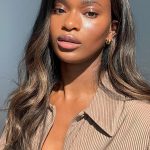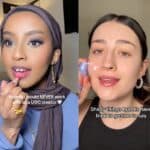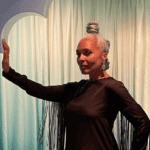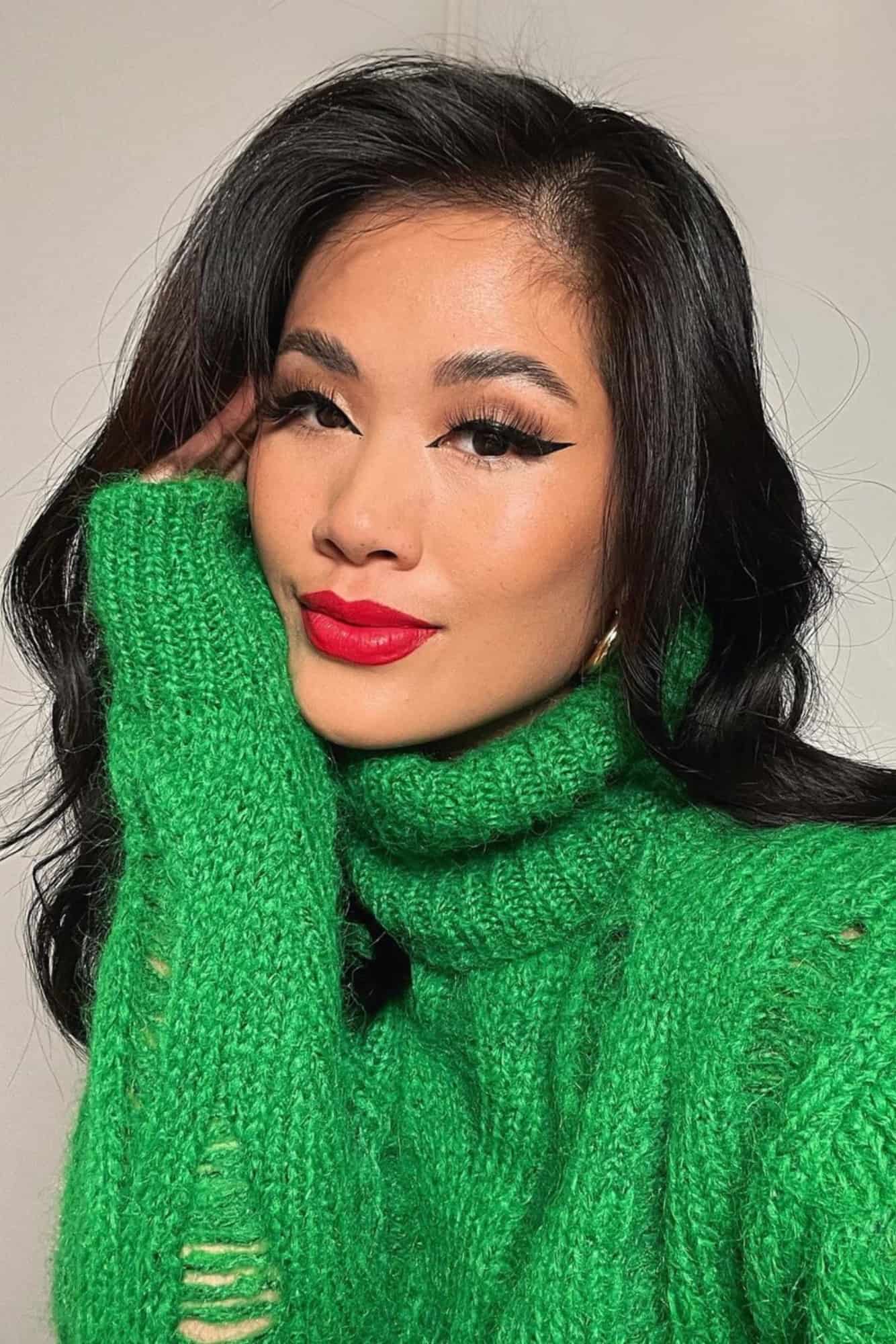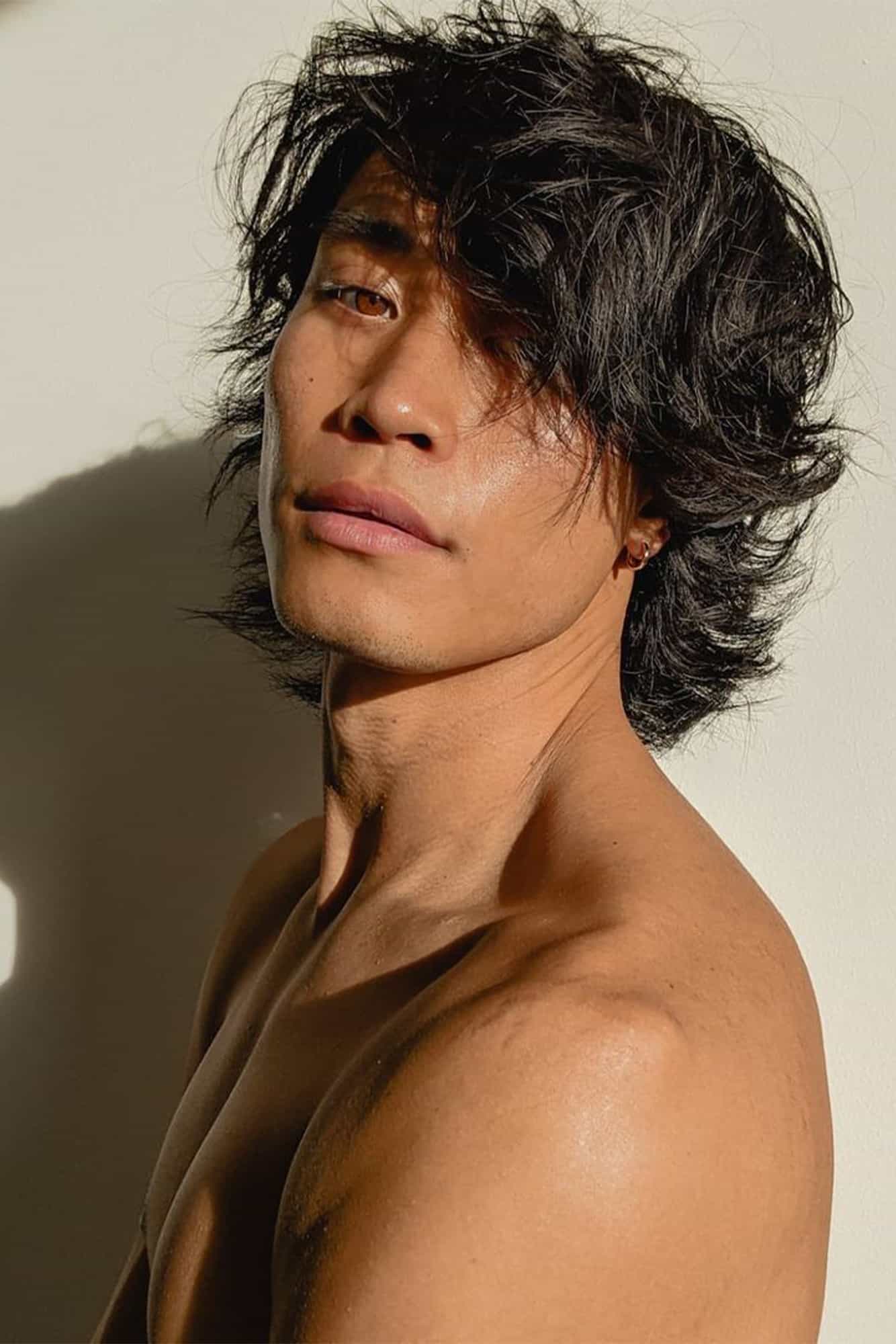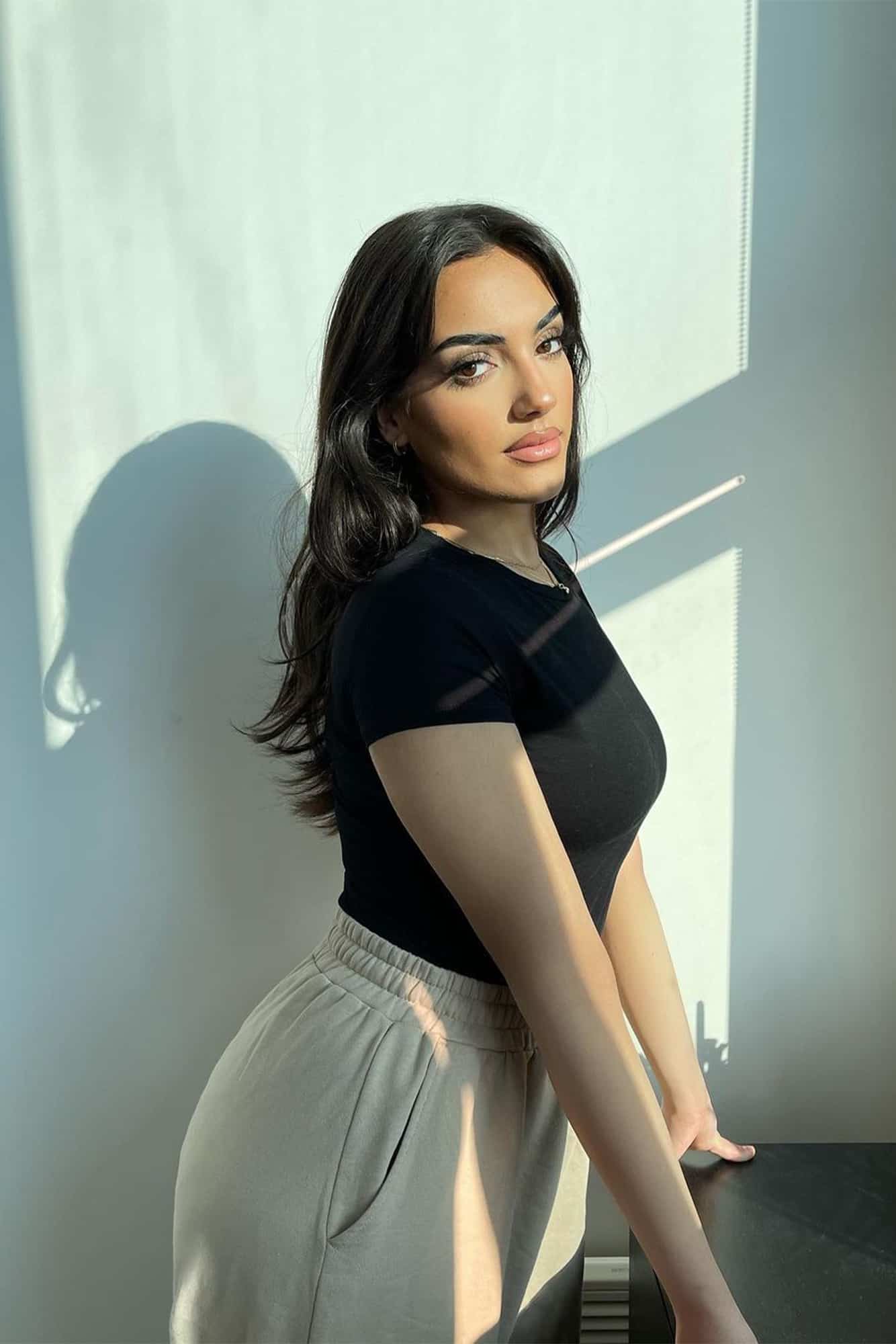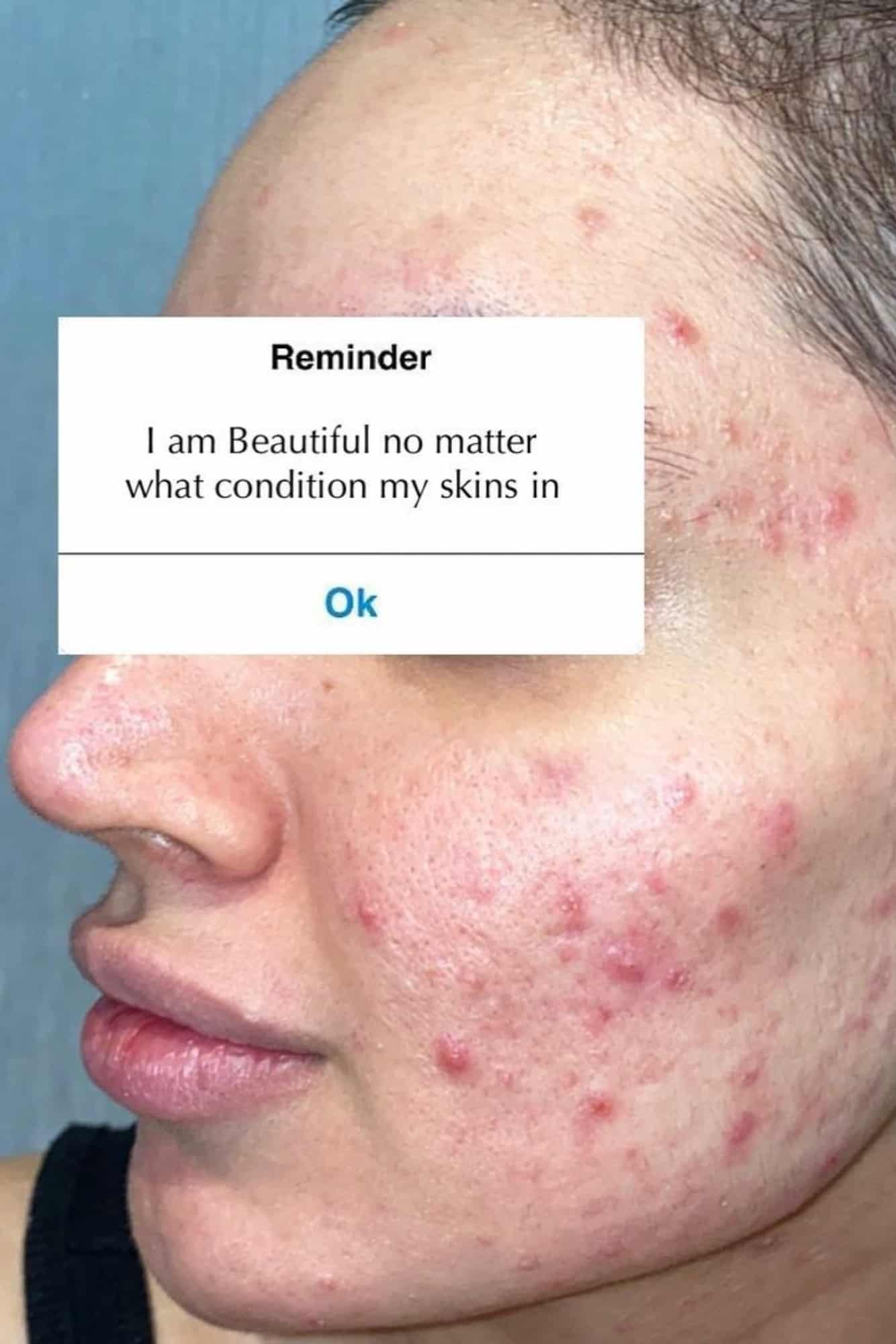Ever struggled to find your shade when shopping for makeup online? So have the 27,000 members of subreddit r/swatchitforme and 157,000 followers of the Instagram account @Cocoaswatches.
Makeup swatches are when different shades of a product are applied to the skin, often to the forearm in a picture posted online to demonstrate the pigmentation and colour of said product. This allows brands to showcase their shade ranges across light to dark skin tones, and help consumers visualise the product on themselves.
The importance of accurate swatching proved particularly important during the pandemic, when physical stores were either closed or unable to offer testers for hygiene reasons.
What seems like an obvious solution to the obstacles of buying colour products online, makeup swatches often face criticism from influencers and consumers alike for falling short. Brands have been accused of photoshopping images of makeup onto skin, lightening and darkening the skin colour of models in a lazy attempt to appear diverse, and applying unrealistic amounts of makeup in their swatches.
You may also like
Tarte Cosmetics’ swatch demonstration in 2018 was meant to showcase its new foundation but instead highlighted the brand’s lack of diversity in shade offerings. The same year, Becca Cosmetics faced a barrage of criticism for posting a digitally altered image of its foundation shades, and Korean beauty brand Stylenada made headlines for doctoring an image of two Caucasian hands to show one darker than the other. The latter removed the image and was forced to make a formal apology.
However, where beauty brands fail to properly demonstrate their shade ranges, consumers have come up with their own solutions, across Reddit forums, Instagram and YouTube.
In the subreddit r/swatchitforme, users can request and share swatches from beauty products in order to help each other find the correct shade for their skin tone. The community has strict guidelines where each post must contain a product list or description, skintone or undertone, type of lighting and type of swatch (finger, brush, one or two swipes, with and without primer etc).
Users also compare similar products from different brands, and go into great detail testing it in different lighting and describing their swatching techniques.
View this post on Instagram
In a lengthy post in another subreddit r/muacjdiscussion, one user wrote; “I don’t understand why influencers and companies can’t just be transparent about how the colors actually look, how they are supposed to be applied for the best results, and why they can’t stop heavily modifying the colors in their pictures!”
On Instagram, there’s Ofunne Amaka, who gets into the nitty gritty of makeup shades on @Cocoaswatches, showcasing swatches on underrepresented skin tones.
Her content includes reviewing new product launches, comparing shades from different brands, debunking myths about dark skin and makeup, and finding the darkest shade of foundation available on the market.
British beauty YouTuber Robert Welsh has also called out brands for posting fake swatches – where a product is photoshopped on top of an arm – and said he never shares swatches on his own channel because he finds them unreliable.
View this post on Instagram
It’s not all bad however, beauty giant Fenty Beauty is a case study of how brands can get it right, being widely praised for not only its extensive shade offering but also its accurate swatches.
When done properly, swatches can help make up a consumer’s mind, increase makeup spending and keep them happy with their purchase. But when brands fail to hit the mark with unclear, inaccurate or misleading imagery, not only will you lose a customer, but brand loyalty too.
Beauty consumers are savvy and informed, with a wealth of information at their fingertips on platforms like Reddit. As they’re quick to call out mistakes or lack of investment in making products truly diverse, it’s more important than ever that brands get it right.
By Dina Zubi, staff writer at CORQ. Picture credit: Cocoa Swatches via Instagram
